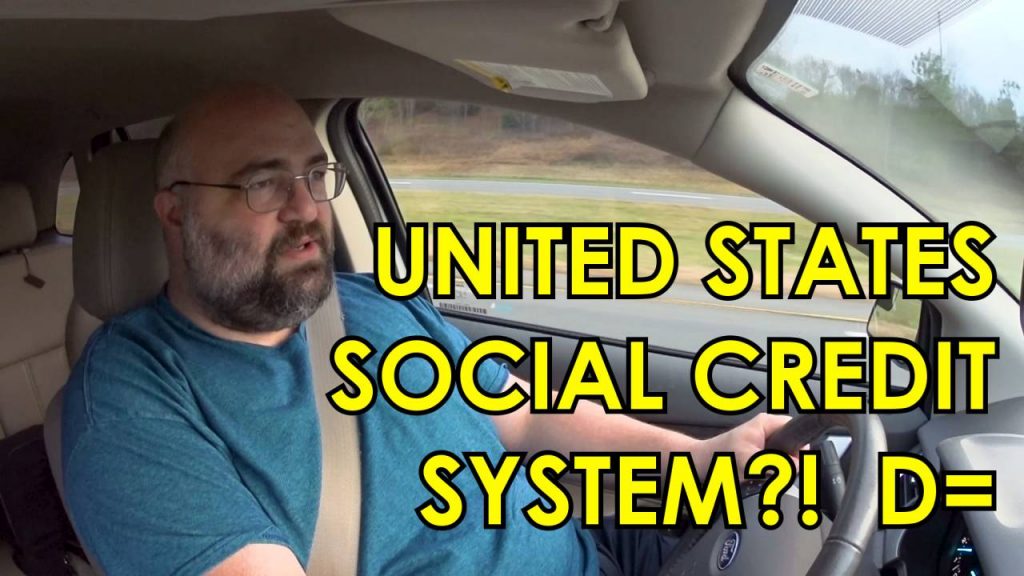In the video above, I discuss the Patreon Purge, the duopoly overlords Visa and MasterCard that are most likely to be pulling the strings of banks and payment processors like PayPal and Stripe to make finance-based censorship happen, and the logical progression of such behavior being tolerated and unregulated: neo-McCarthyism, discrimination against people for political beliefs and political statements by nearly all professions, culminating in industry-wide shared blacklists that could result in everything from no plumber coming to fix a flooding toilet (because a private corporation doesn’t like your politics) to your sick chemotherapy-racked child not receiving a life-saving cancer treatment and dying (because a private corporation doesn’t like your politics.) It’s not unlike China’s social credit system, except it’s going to be implemented by corporate entities instead of the government.
BUT IT’S A PRIVATE COMPANY BLACKLISTING YOU, NOT THE GOVERNMENT, SO IT’S OKAY!


